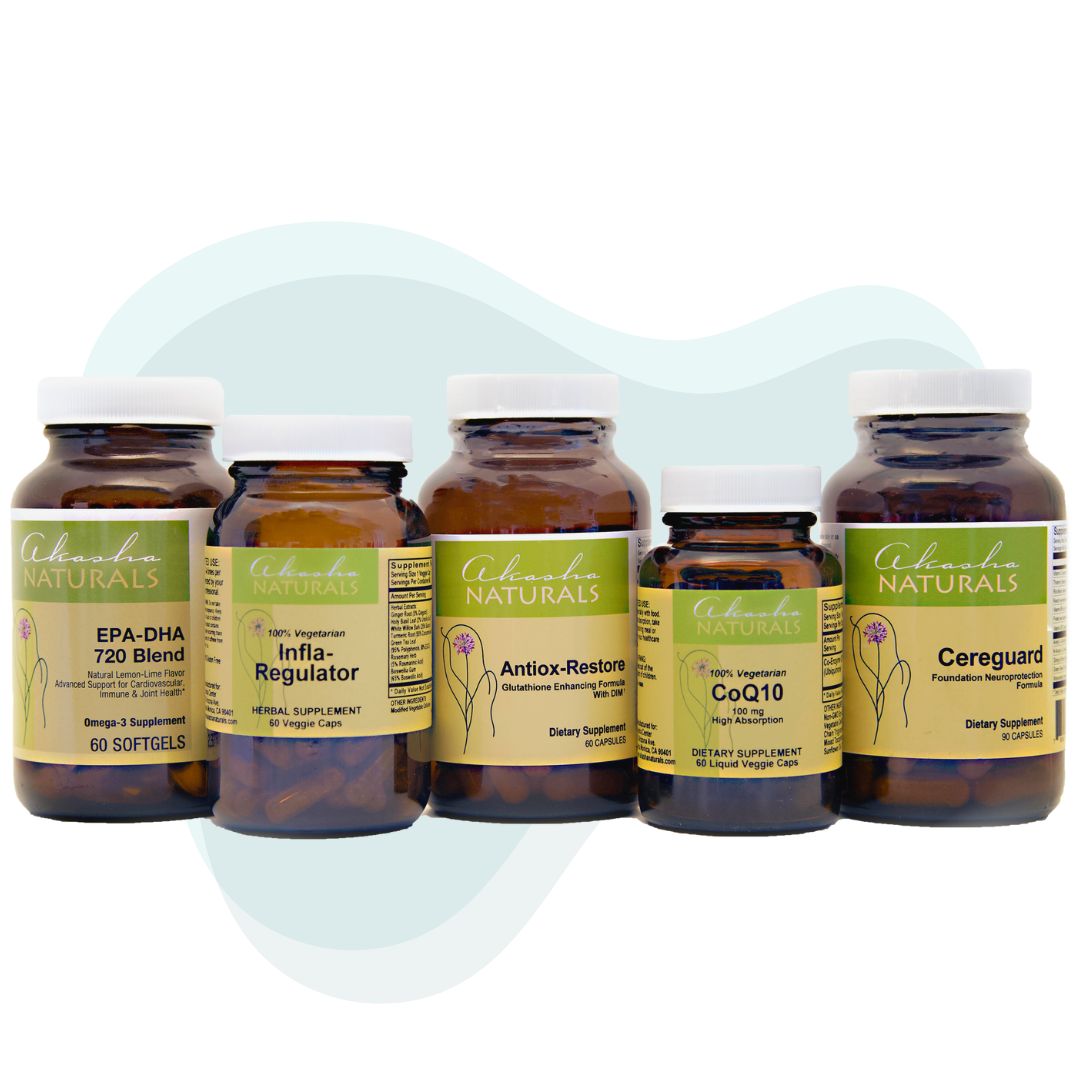In today’s fast-paced world, people are increasingly seeking alternative forms of medicine that prioritize holistic well-being. One such approach gaining attention is homeopathy—a system of healing based on the principle of “like cures like.” Let’s delve into what makes homeopathy unique and how it offers a different perspective on health and wellness.
Understanding the Principle of Homeopathy
At the heart of homeopathy lies the belief that substances causing symptoms in a healthy individual can be used in highly diluted forms to treat similar symptoms in someone who is unwell. This concept, conceived by Samuel Hahnemann in the late 18th century, challenges the conventional understanding of medicine but has garnered a devoted following worldwide.
Natural Remedies, Unique Preparations
Homeopathic remedies are derived from natural sources such as plants, minerals, and even animal substances. What sets them apart is the method of preparation, which involves a series of dilutions. While skeptics question the efficacy of highly diluted remedies, proponents argue that this process imbues the remedies with healing energy.
An Integrative Approach to Healing
Unlike conventional medicine, which often focuses on alleviating specific symptoms or targeting a particular organ or system, homeopathy aims to treat the whole person. This means considering not just the physical ailment but also the emotional and mental aspects of the individual. By addressing the underlying imbalance in the body’s vital force, homeopathy seeks to promote overall health and vitality.
Versatility in Addressing Health Concerns
One of the strengths of homeopathy is its versatility in addressing a wide range of health conditions, both acute and chronic. From allergies and migraines to depression and arthritis, homeopathic remedies are believed to offer relief and support without the side effects commonly associated with conventional medications. This broad applicability makes homeopathy an attractive option for those seeking natural and gentle healing solutions.
Integrative Healthcare with Dr. Dubroff

Dr. Dubroff is a practitioner who stands out for his comprehensive approach to healthcare, blending conventional, naturopathic, and homeopathic principles. With expertise in pain management, weight management, regenerative medicine, endocrine management, and general family practice, Dr. Dubroff offers patients personalized and integrative healthcare solutions tailored to their unique needs.
In conclusion, homeopathy represents a holistic approach to healing that emphasizes the interconnectedness of mind, body, and spirit. While its principles may diverge from conventional medicine, its effectiveness and growing popularity underscore its relevance in today’s wellness landscape.
As more people embrace the idea of treating the whole person rather than just the symptoms, homeopathy continues to offer a compelling alternative for those seeking balance and vitality in their lives.
Here are five reasons why someone might consider trying homeopathy:
- Natural Approach: Homeopathy utilizes natural substances, often derived from plants and minerals, in highly diluted forms. For individuals seeking treatments that align with natural or integrative health principles, homeopathy may be an appealing option.
- Personalized Treatment: Homeopathic remedies are chosen based on the individual’s unique symptoms and overall health condition. Practitioners assess not only the physical symptoms but also the emotional and mental aspects of the person. This personalized approach aims to treat the whole person rather than just the disease.
- Minimal Side Effects: Because homeopathic remedies are highly diluted, they are generally considered to have few, if any, side effects. This can be particularly attractive to individuals who have experienced adverse effects from conventional medications or who prefer to avoid pharmaceutical interventions.
- Complementary Therapy: Homeopathy can be used alongside conventional medical treatments as a complementary therapy. Some people find that homeopathy helps alleviate symptoms and improves their overall well-being, even when used in conjunction with other forms of treatment.
- Chronic Conditions: Homeopathy is often sought out by individuals with chronic conditions, such as allergies, eczema, migraines, or irritable bowel syndrome (IBS), who may not find adequate relief from conventional medicine alone. While not a cure-all, homeopathy may offer relief and improve quality of life for some individuals with chronic ailments.








